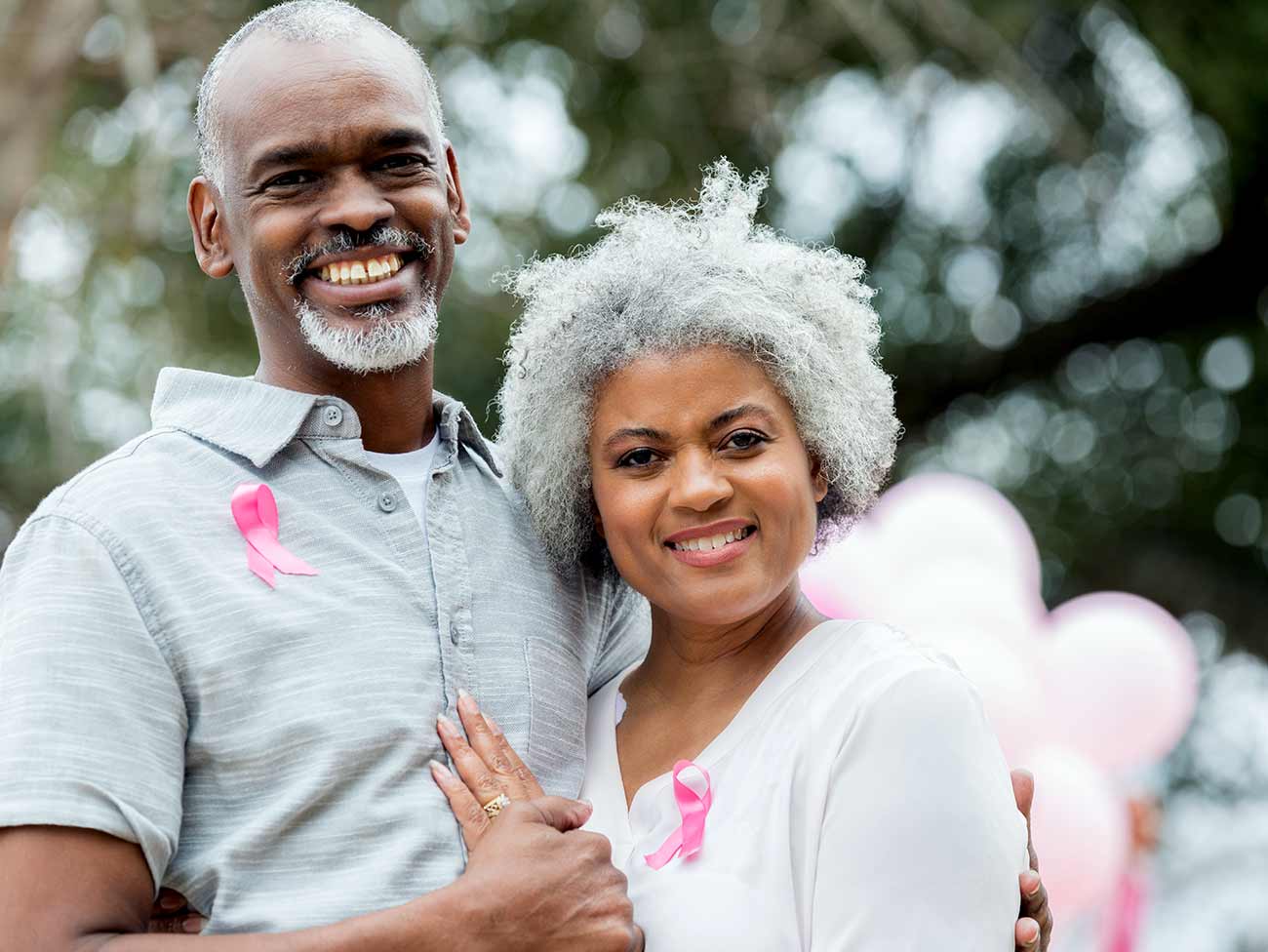What you need to know about COPD
Almost 16 million people in the United States have chronic obstructive pulmonary disease, which increases the risk of severe illness from COVID-19.
Trouble breathing. Wheezing. Shortness of breath. These are just some of the symptoms of COPD, or chronic obstructive pulmonary disease, which affects nearly 16 million people in the United States. These individuals are at increased risk of severe illness from COVID-19.
Mickey Sachdeva, MD, a pulmonologist and critical care physician at the Kaiser Permanente Fresno Medical Center, explains more about this increasingly common disease.
What is COPD?
COPD is a condition in which the airways in the lungs become inflamed, narrowed, and damaged. This affects the flow of air into, and especially out of, the lungs.
“At first, someone with COPD might not experience any symptoms,” said Dr. Sachdeva. “But as the disease gets worse, people often find that they feel winded even after doing simple things like getting dressed or preparing a meal.” Other symptoms can include wheezing, coughing, and spitting up phlegm. And when lung damage is extensive, it may become harder to get enough oxygen into the blood and to get rid of excess carbon dioxide.
What causes COPD?
The most common cause of COPD is smoking. You can also get COPD from breathing in toxic fumes or gases. In rare cases, COPD is caused by a genetic problem.
How is COPD diagnosed?
Spirometry is the lung function test used to diagnose COPD and assess how well your lungs are working. You take a deep breath and then blow out as fast and as hard as you can into a tube. A machine connected to the tube measures how much air you can blow out of your lungs and how fast you can blow.
How is COPD treated?
COPD cannot be cured and can get worse over time. But there are steps you can take to manage your symptoms and feel better. The best way to slow the disease is to stop smoking. “This is the most important thing you can do, and it’s never too late to quit,” said Dr. Sachdeva.
Other treatment options your physician may recommend include inhaled medications and pulmonary rehabilitation.
What is it like to live with COPD?
Depending on the severity of your COPD, you may feel out of breath if you work hard or walk rapidly. You may also have trouble doing chores or even carrying items. Patients with COPD should avoid smoke and fumes, and exercise regularly. It’s also helpful to eat healthy foods and have several smaller meals a day.
How can I help someone living with COPD?
The best thing you can do to support someone with COPD is to encourage them to stop smoking. You can also help with chores and grocery shopping and encourage them to take their medications.
“People with COPD tend to isolate themselves because of their limited physical ability,” Dr. Sachdeva noted, “so visiting and spending time together can be important in keeping their spirits up.”
Learn more about COPD.

May 7, 2025
How to cope with anxiety after childbirth
As a new mother, Cherissa Ong was overwhelmed by stress. A mental health …

February 26, 2025
Colon cancer: Do you need to be screened?
If you’re age 45 or older, getting checked regularly for colorectal cancer …

January 24, 2025
Is one drink a day OK? Here’s what to consider
NPR
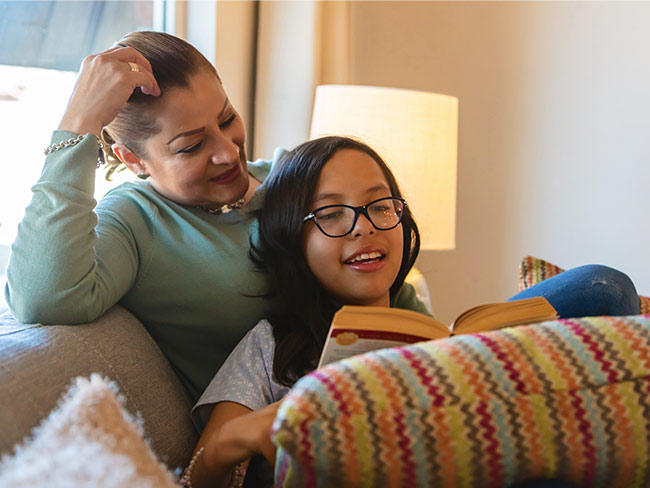
January 13, 2025
How to prevent cervical cancer
Cervical cancer is highly preventable. HPV vaccination and regular screenings …

December 26, 2024
How telehealth can make life easier for people with cancer
Virtual care connects cancer patients like Rob Tufel to a wide range of …

November 18, 2024
The power of early detection and proactive men’s health
A father's determination to stay healthy for his 3 children led him to …

October 1, 2024
Screening for breast cancer: Mammogram guidelines
A Kaiser Permanente radiologist answers commonly asked questions.
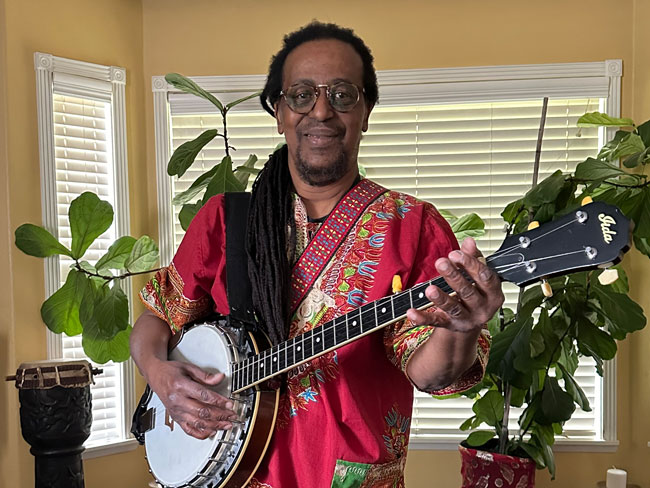
September 17, 2024
Playing on after 2 decades of cancer care
With the support of his health care team and nurse navigator, musician …

August 29, 2024
After Stage 4 ovarian cancer, she’s still going strong
Donna Budway received prompt surgery followed by chemotherapy. She credits …

August 15, 2024
Back home one day after heart surgery
Ed Dalmasso needed an aortic valve replacement. His care team provided …
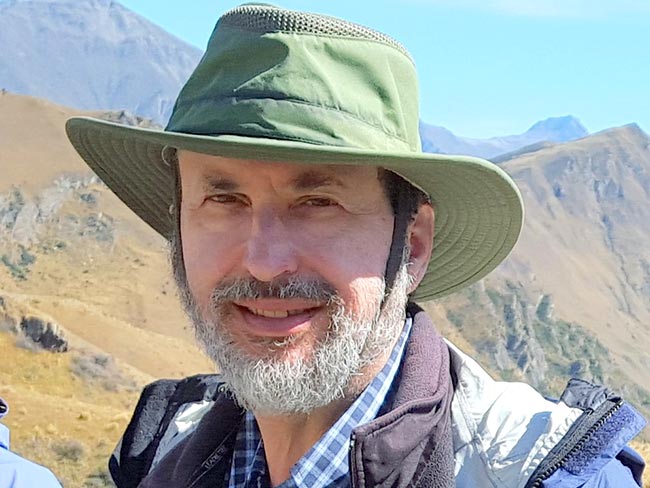
August 6, 2024
For a father with prostate cancer, knowledge is power
Harold Newman had advanced prostate cancer. Genetic testing helped expand …
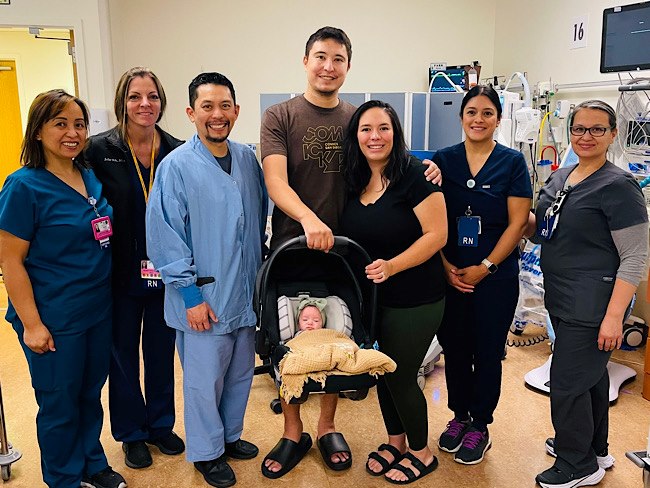
June 17, 2024
That’s a lot of babies!
Delivering multiple babies is difficult, but Kaiser Permanente care teams …

April 17, 2024
5 common health conditions men don’t like to talk about
Some of the most common conditions affecting men carry a social stigma …

March 14, 2024
Midwife offers personal care for mom facing complications
For Sam Beeson, having a midwife at her side during her pregnancy helped …

February 21, 2024
Recovering at home after a double mastectomy
Innovative surgical recovery program helps breast cancer patients safely …
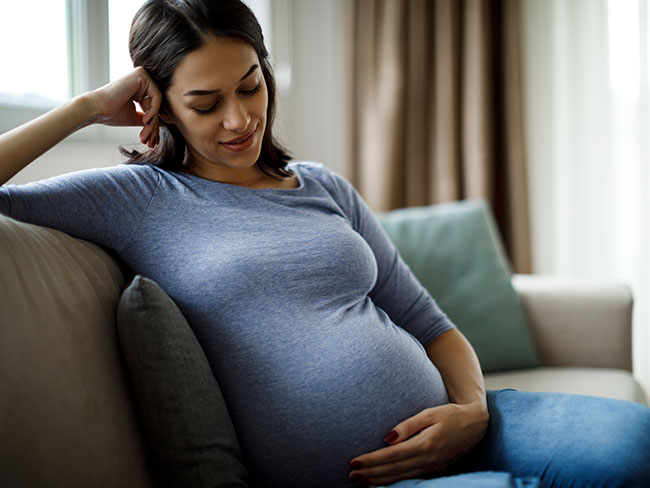
February 1, 2024
Take a break from cannabis while expecting, study suggests
Research shows that marijuana use during pregnancy increases health risks …

December 6, 2023
Video prenatal visits are a boon for a busy working mom
A new care option offers a mix of in-person and virtual visits, supported …

October 27, 2023
Nearsightedness in kids: Taking a closer look
Nearsightedness, also known as myopia, is on the rise. To reverse that …

October 25, 2023
Breast cancer during pregnancy: Caring for mom and baby
A team of specialists treats an expecting mother’s cancer while keeping …

October 23, 2023
A renewed sense of purpose after surviving breast cancer
Joy Short, a Kaiser Permanente member and employee, turned her breast cancer …
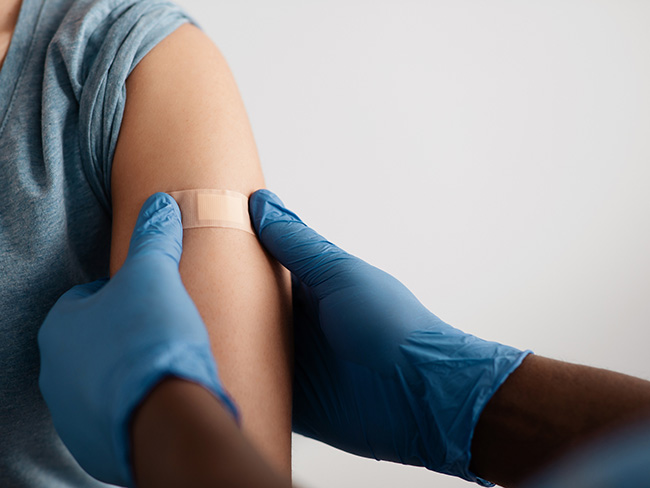
October 10, 2023
What to know about COVID-19 vaccines
The updated vaccine is recommended for everyone 6 months and older.

September 20, 2023
Healing after a heart attack
For years, serious heart attacks meant hours of weekly appointments. Now, …
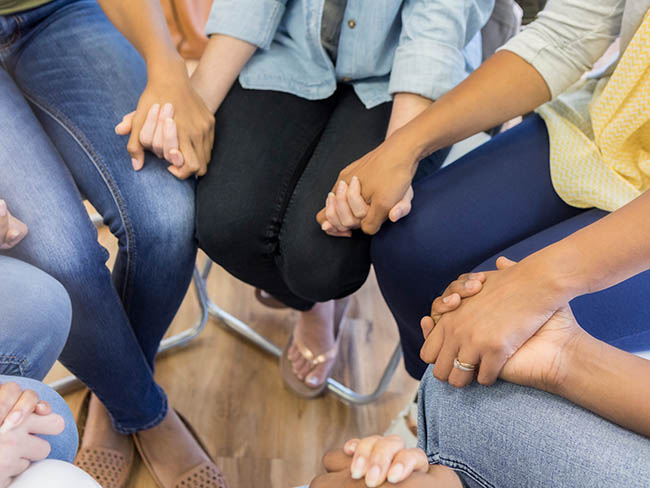
August 29, 2023
Preventing overdoses starts with education
Risk factors are not always associated with addiction or substance abuse. …

August 17, 2023
Beyond clinic walls: Research supporting healthy communities
Stories in the Department of Research & Evaluation 2022 Annual Report demonstrat …

August 16, 2023
Cervical cancer screening: Exploring the at-home HPV test
Kaiser Permanente is at the forefront of cervical cancer research. Find …
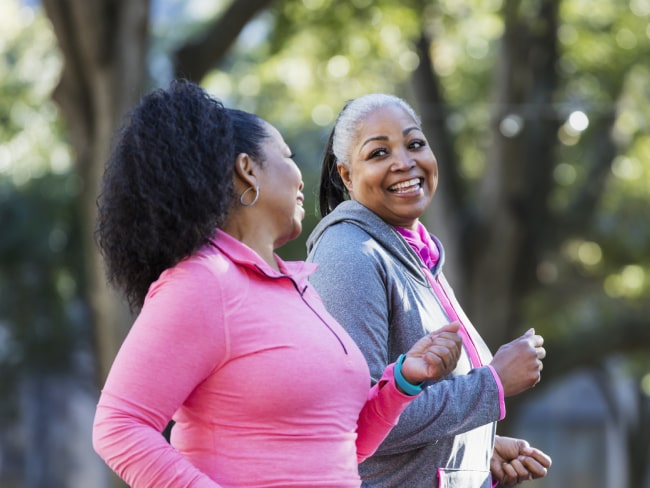
August 15, 2023
'Hot-spot' strategy gets more Californians vaccinated
A new location-based vaccine strategy by Kaiser Permanente was successful …
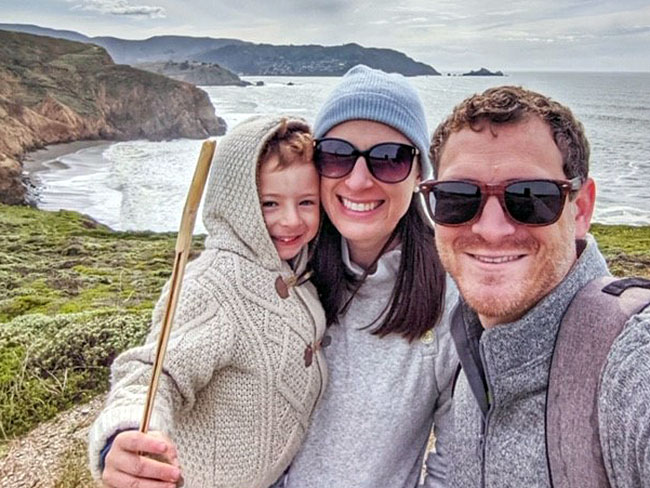
July 27, 2023
Courageously facing hereditary breast cancer
Fay Gordon's breast cancer was caught in the early stages thanks to genetic …
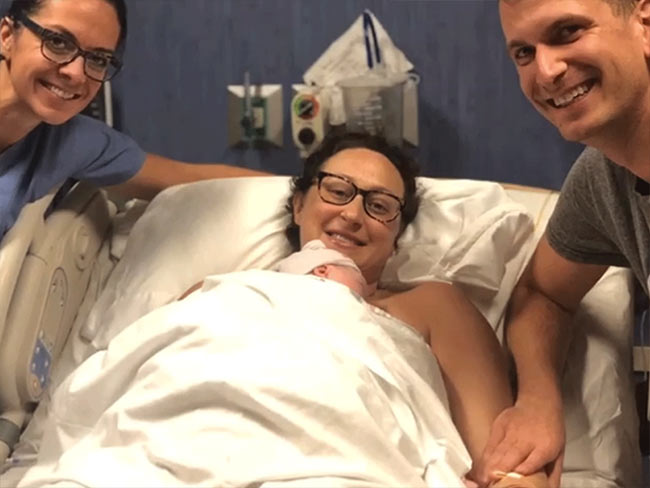
July 26, 2023
Can you get chemotherapy while pregnant?
Chemotherapy can be an option during pregnancy. Find out how Kaiser Permanente …

July 14, 2023
Breast reconstruction surgery after cancer
A Kaiser Permanente plastic surgeon explains breast reconstruction options …

July 11, 2023
We deliver excellence for parents and babies
Our members are more likely to feed their babies breast milk. And they’re …
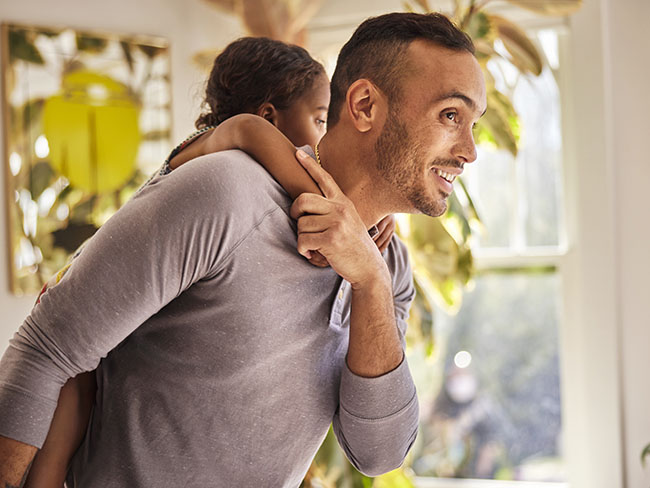
June 30, 2023
Men's mental well-being is a priority
Unique challenges and societal pressures can impact men’s emotional well-being.
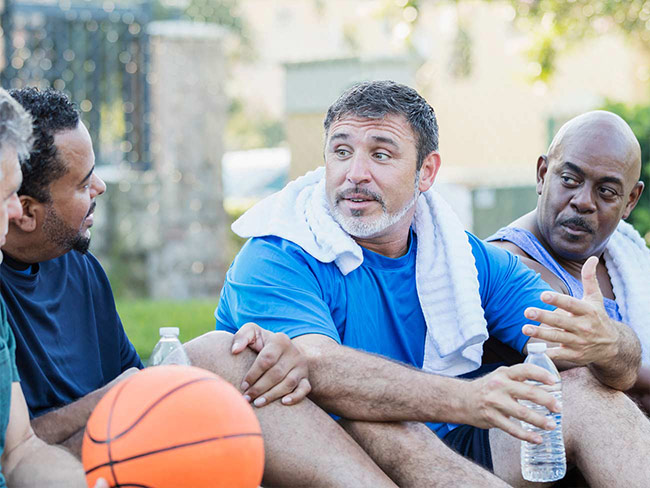
June 30, 2023
Doctors' top tips to manage prostate cancer risk factors
Regardless of your age, race, or family history, you can take steps to …
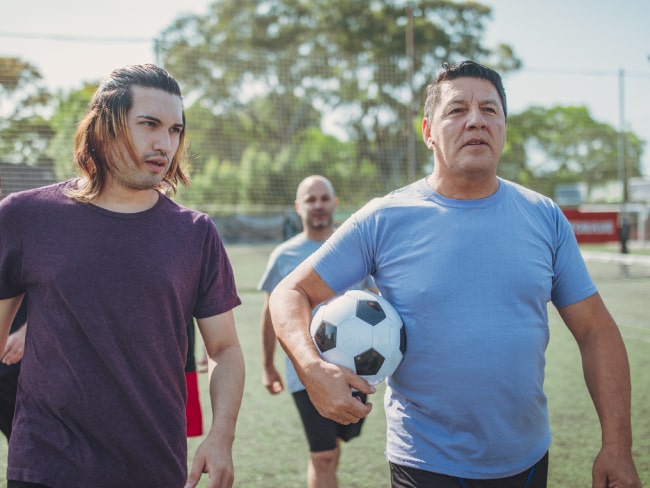
June 27, 2023
Men: It’s time to prioritize preventive care
It’s important to be proactive about your health by scheduling regular …

June 21, 2023
And that’s why they call postpartum the blues
Take time to adjust to a new baby and lifestyle changes — and reach out …
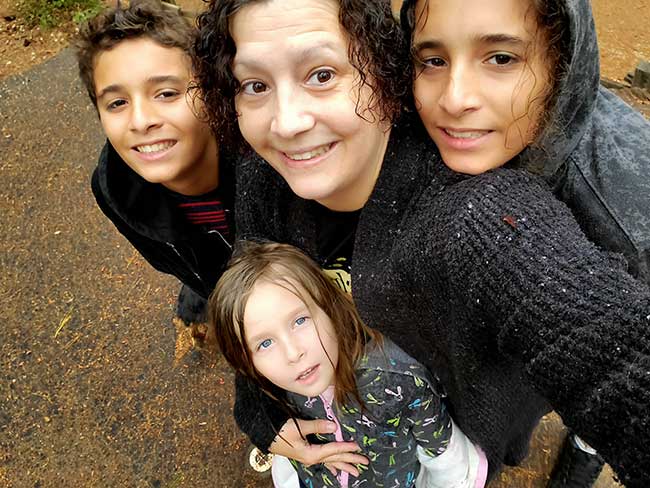
June 14, 2023
Living with stage 4 breast cancer
Thanks to personalized care from a team of skilled doctors, Christina McAmis …

June 6, 2023
COVID-19 vaccine: No serious side effects in young children
Kaiser Permanente researchers led analysis of large, diverse group of young …
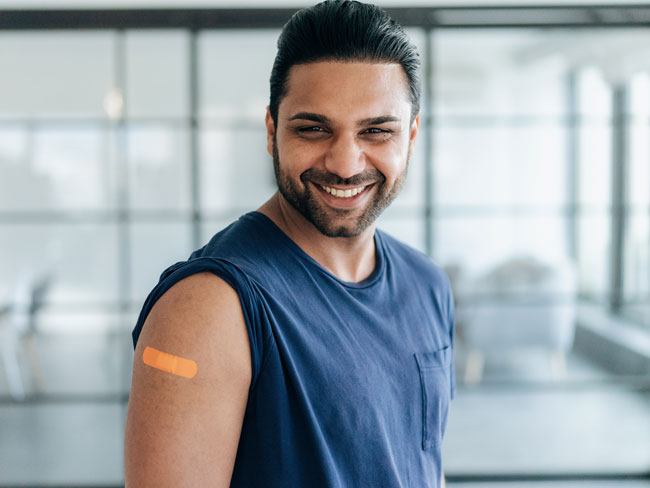
May 16, 2023
COVID-19 public health emergency has ended: What’s changed?
Vaccinations, testing, and treatment are still widely accessible. Member …
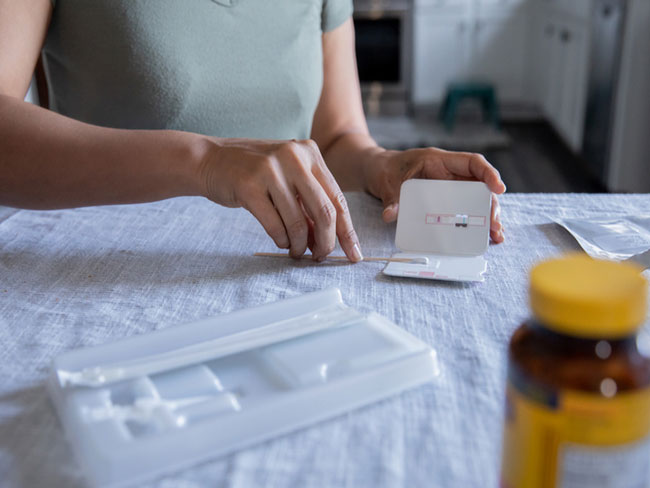
May 11, 2023
COVID-19 testing, testing — Get results in 1, 2, 3
Testing is the most important way you can help control the spread of COVID-19.

April 25, 2023
Hannah Peters, MD, provides essential care to ‘Rosies’
When thousands of women industrial workers, often called “Rosies,” joined …

April 14, 2023
The importance of screening for gestational diabetes
Gestational diabetes poses a significant risk to women of color, particularly …
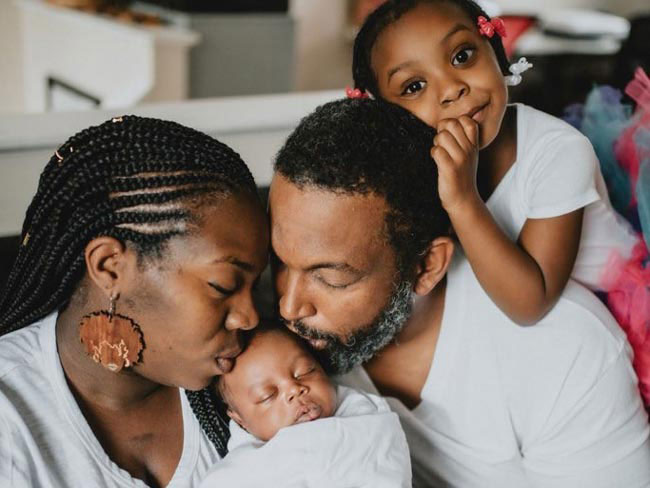
April 12, 2023
Having her ‘rainbow baby’ after a high-risk pregnancy
Remote perinatal monitoring and frequent in-person appointments helped …

April 11, 2023
Collaboration is key to keeping people insured
With the COVID-19 public health emergency ending, states, community organization …

April 7, 2023
Virtual care helps ease physical pain
Kaiser Permanente offers many high-quality, convenient options to help …
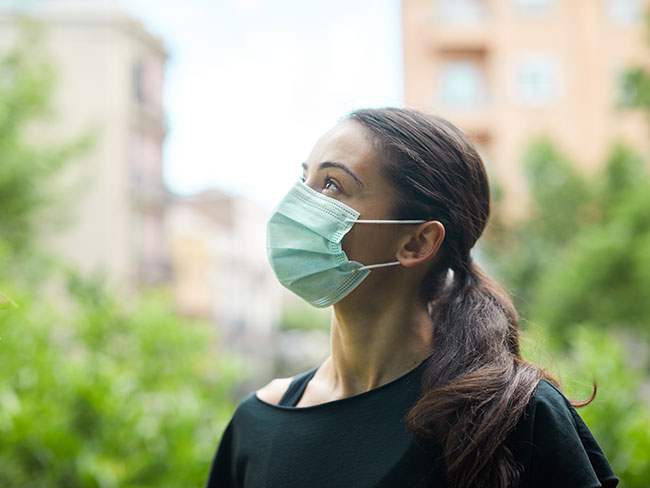
March 16, 2023
Marking the COVID-19 pandemic’s third year
Learning from this historic health crisis will better prepare us for future …
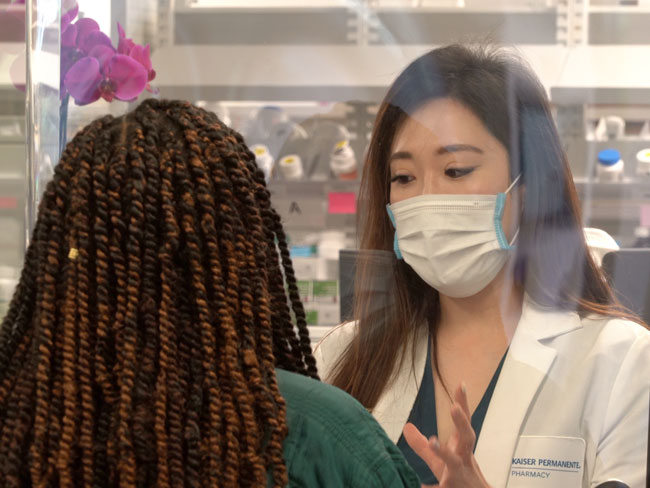
March 16, 2023
Paxlovid associated with lower risk of hospital admission
A Kaiser Permanente study finds COVID-19 patients treated quickly with …

March 14, 2023
Colorectal cancer on the rise among younger adults
Learn why early screening is crucial for prevention and treatment.

March 13, 2023
Making waves with our first female sports ambassador
Kaiser Permanente in Southern California partners with San Diego Wave Fútbol …
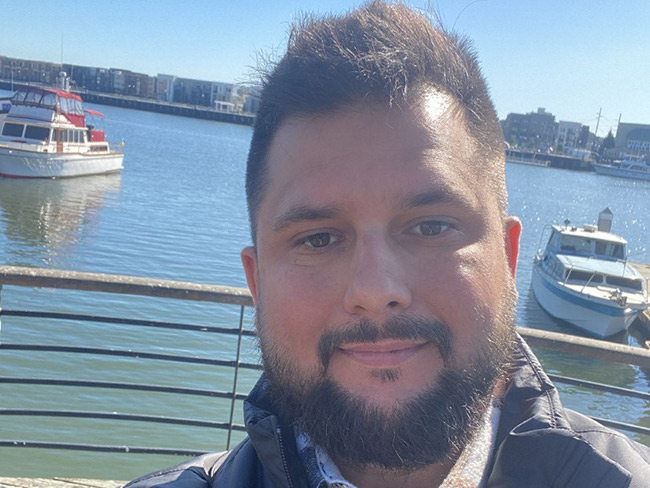
March 6, 2023
Living with long COVID
From avid snowboarder to chronically ill patient. How Kaiser Permanente …
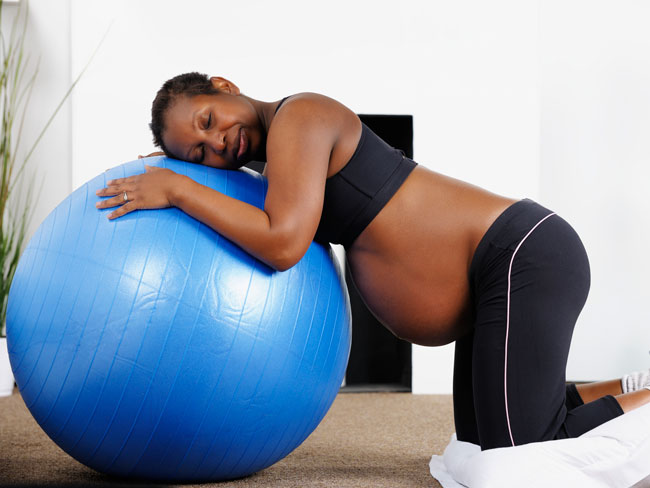
February 28, 2023
A conversation about pregnancy and women’s heart health
New research shows blood pressure patterns early in pregnancy can identify …
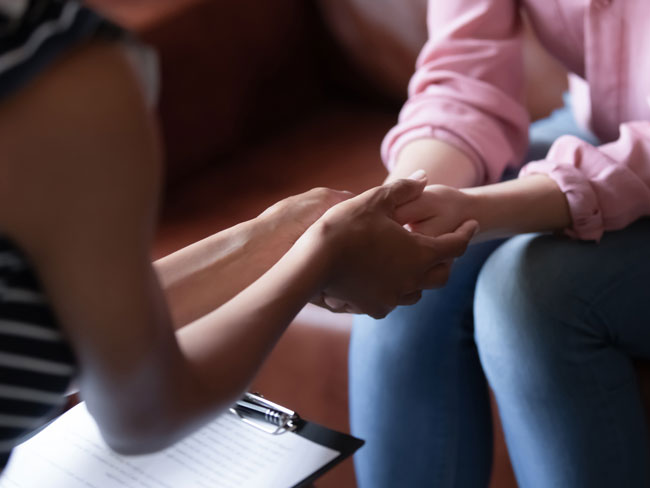
February 24, 2023
Nurturing expectant moms who have substance use disorders
Project Nurture in Portland, Oregon, provides treatment and a path forward …
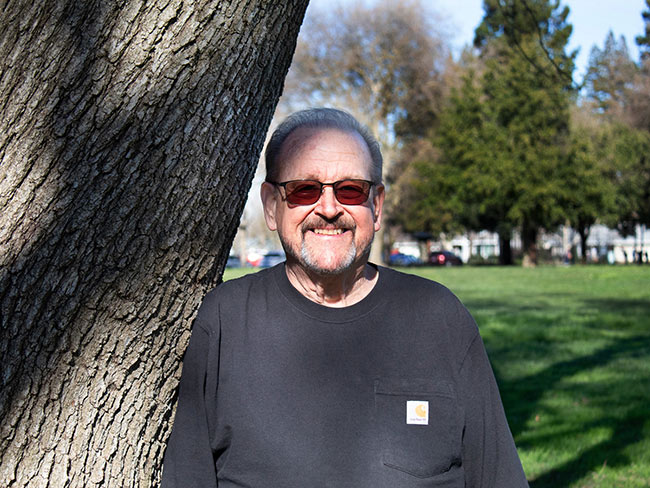
February 15, 2023
A new chapter for male patient with breast cancer
A multidisciplinary care team acted fast to help save the life of a Kaiser …
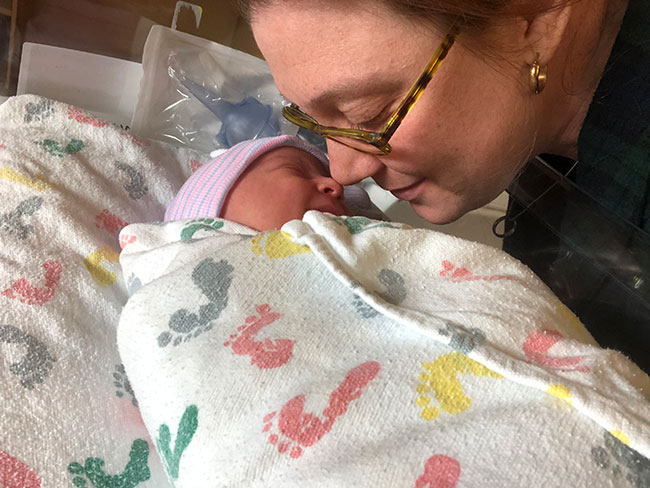
September 27, 2022
Maternity appointments from the comfort of home
New care option offers pregnant patients a mix of in-person and video visits.
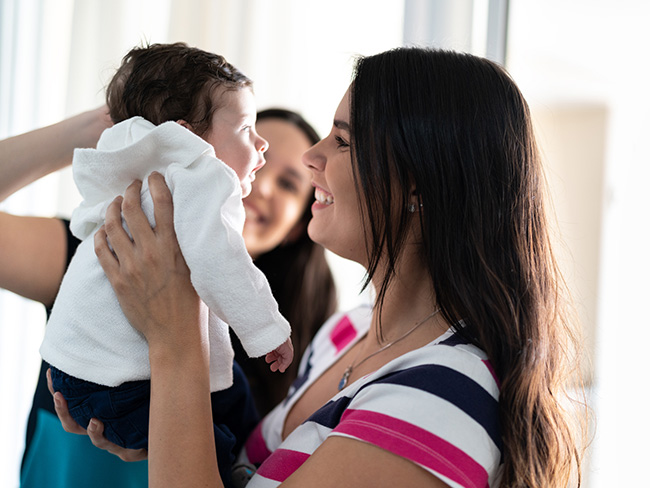
August 3, 2022
When breastfeeding is a struggle, you can help
By lending a hand with dinners, diapers, and dishes, you can give loved …
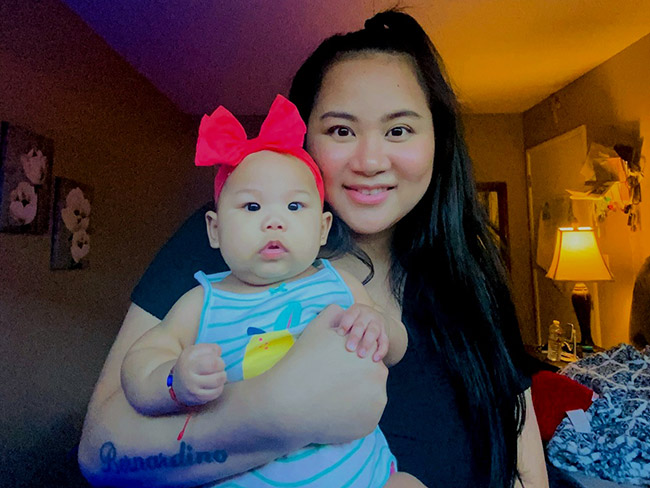
August 3, 2022
Supporting new moms in the postpartum period
By reaching out early and providing care that’s personalized to parents’ …
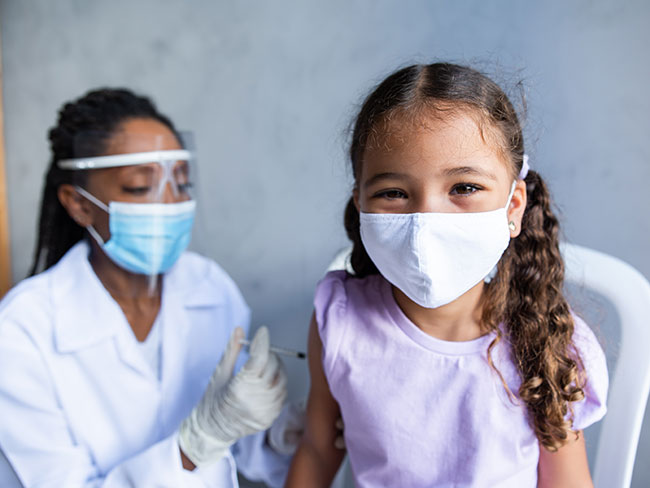
June 27, 2022
Kids 6 months to 17 years can receive COVID-19 vaccination
Providing safe and effective vaccinations to children is an important step …
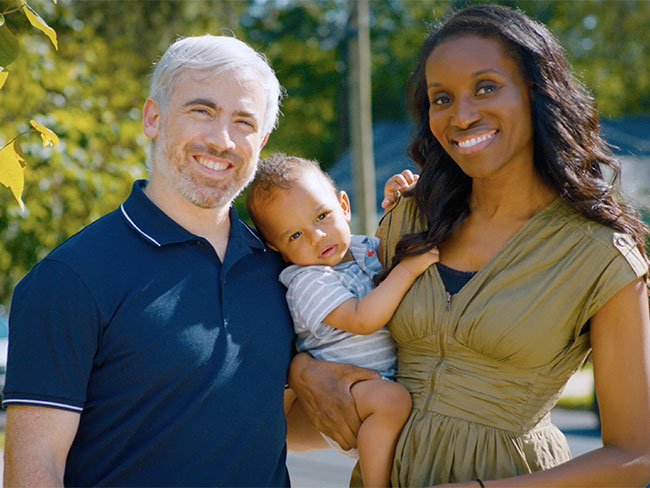
May 12, 2022
Endometriosis and motherhood: Grace’s story
She wanted relief from pain and a healthy baby. Her care team delivered.
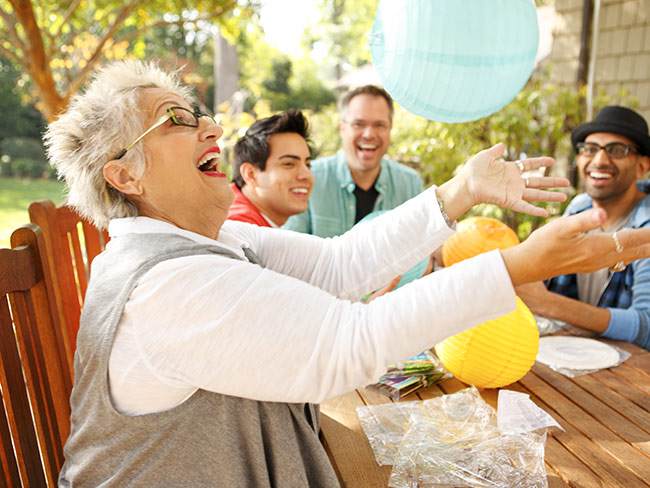
May 5, 2022
Research study will inform the future of cancer prevention
Connect for Cancer Prevention Study’s goal to recruit 200,000 participants …
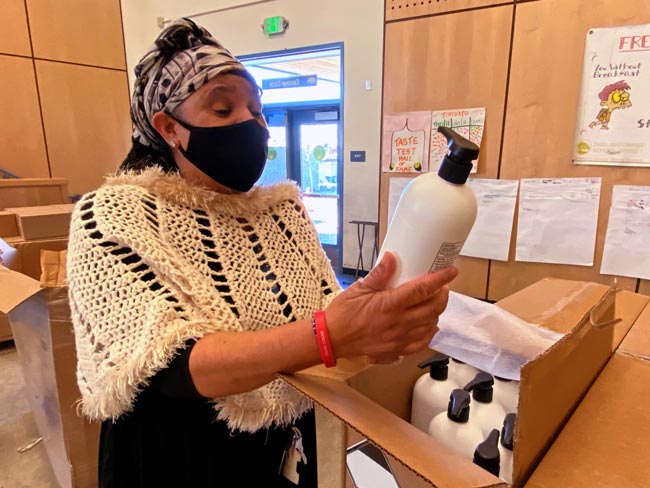
May 4, 2022
Donated supplies keep community organizations pandemic-ready
We donated over $28 million worth of face masks, hand sanitizer, and other …
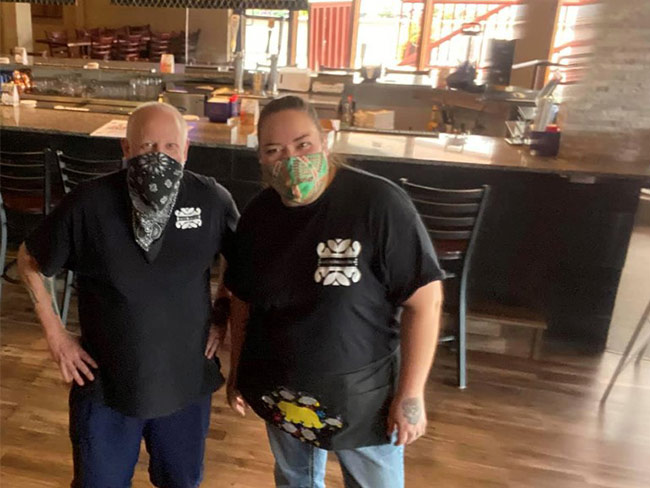
January 25, 2022
Helping small businesses thrive during the COVID-19 pandemic
Kaiser Permanente grants are supporting businesses such as the Carefree …
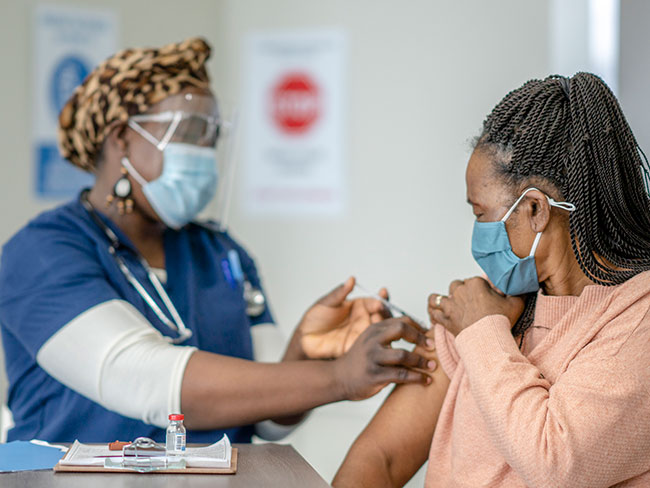
December 6, 2021
Faith leaders use trusted voices to encourage vaccination
Grants expand support for faith-based organizations working to protect …
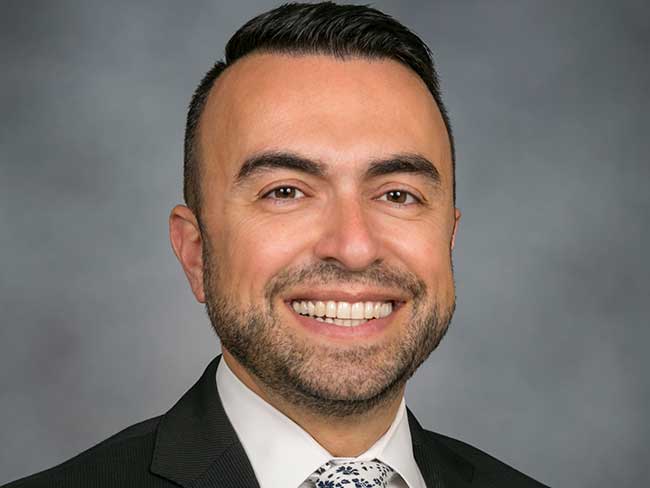
November 30, 2021
Bechara Choucair, MD, returns as chief health officer
After serving on the White House COVID-19 response team, Bechara Choucair, …
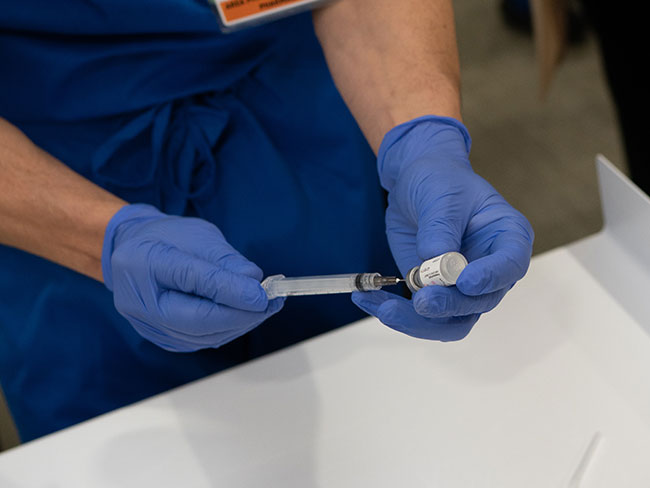
October 12, 2021
Beyond advocacy: Requiring vaccination to stop COVID-19
Kaiser Permanente and other leading companies are mandating COVID-19 shots …
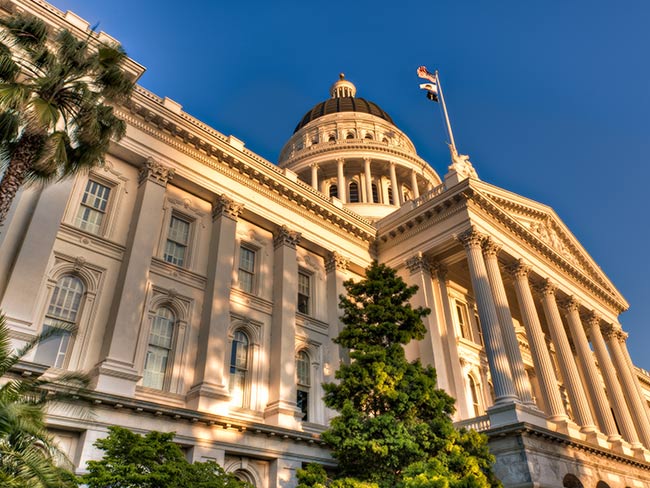
October 1, 2021
Our support of California’s student vaccination requirement
A statement from Kaiser Permanente chair and chief executive officer Greg …

August 19, 2021
Supporting small businesses owned by people of color
Kaiser Permanente’s partnership with Local Initiatives Support Corporation, …
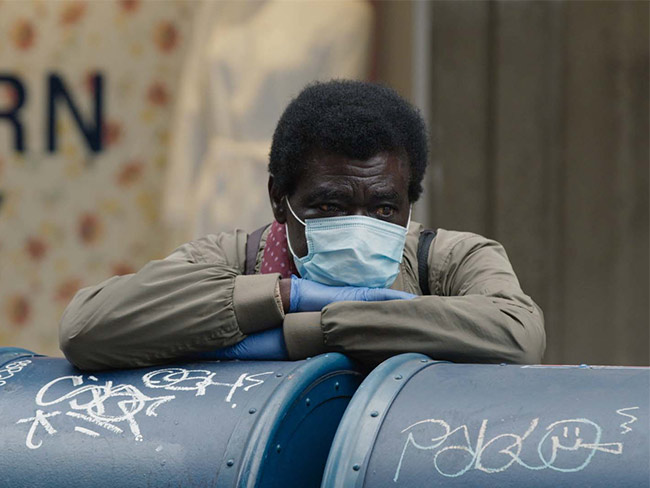
August 17, 2021
Homeless in a pandemic
For people without a safe place to call home, good health is often out …
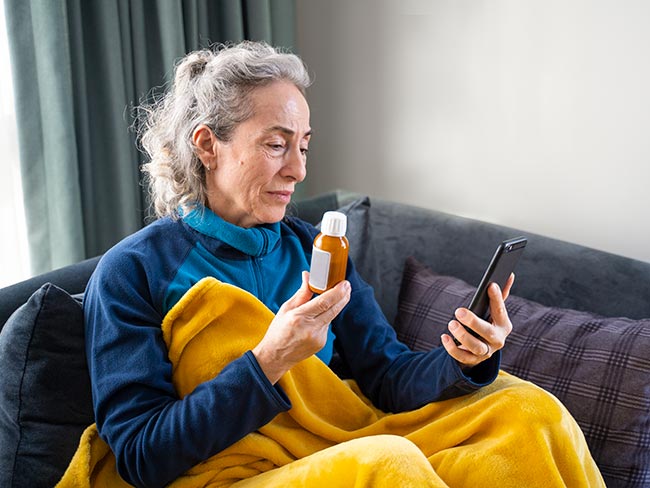
June 8, 2021
Cancer patients and physicians embrace telehealth
Video visits and virtual collaboration speed cancer care transformation …
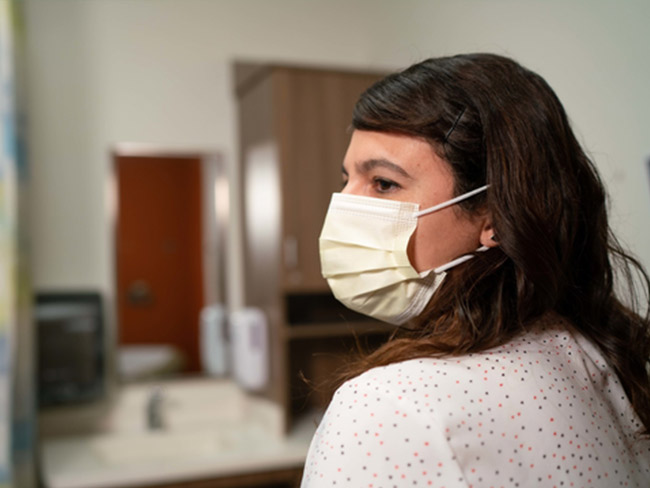
April 28, 2021
COVID-19 outcomes are more severe for people of color
Kaiser Permanente research underscores the importance of culturally appropriate …
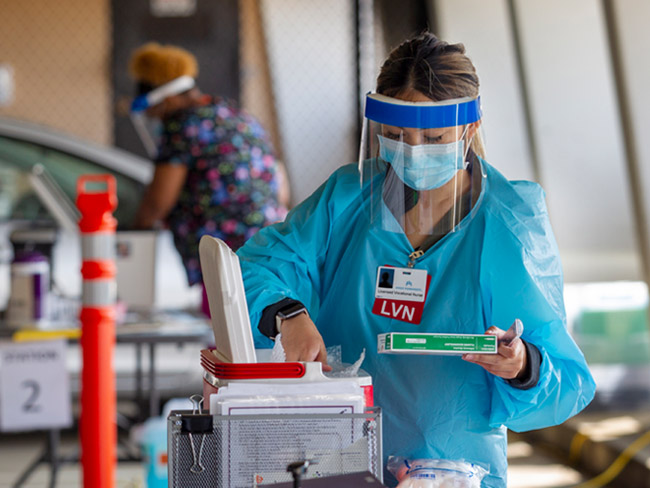
March 23, 2021
Vaccine Equity Toolkit will help address equitable access
As vaccines bring hope to end the pandemic, Kaiser Permanente’s toolkit …
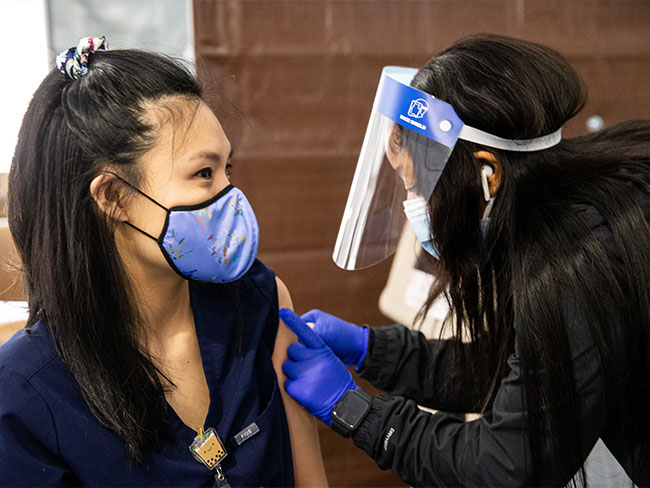
March 11, 2021
Our support of the American Rescue Plan Act
A statement from CEO Greg A. Adams about the American Rescue Plan Act.
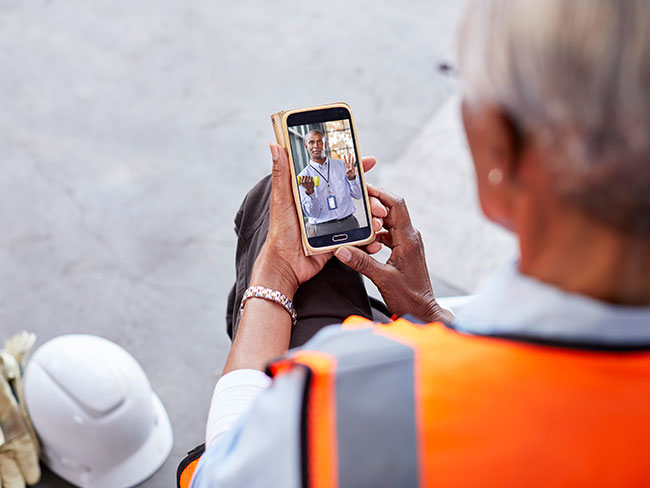
January 15, 2021
The fastest path to care
Available 24/7 with no appointment, e-visits offer Kaiser Permanente members …

November 24, 2020
Pandemic spurs new approach to diabetes care
A diabetes specialist talks about new trends in providing care, and innovations …
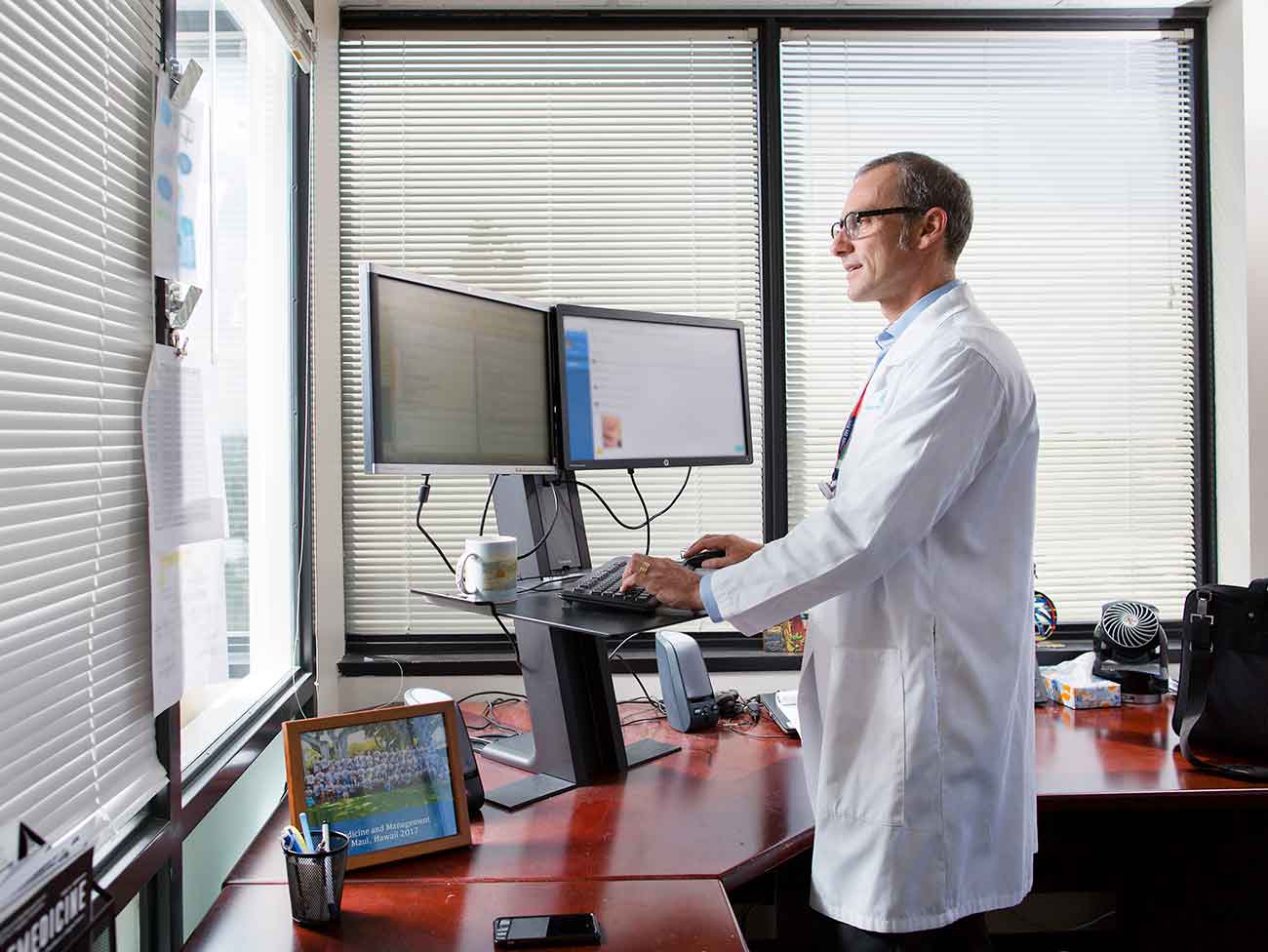
October 2, 2020
Making (virtual) house calls
With expanded telehealth options, Kaiser Permanente members get convenient …
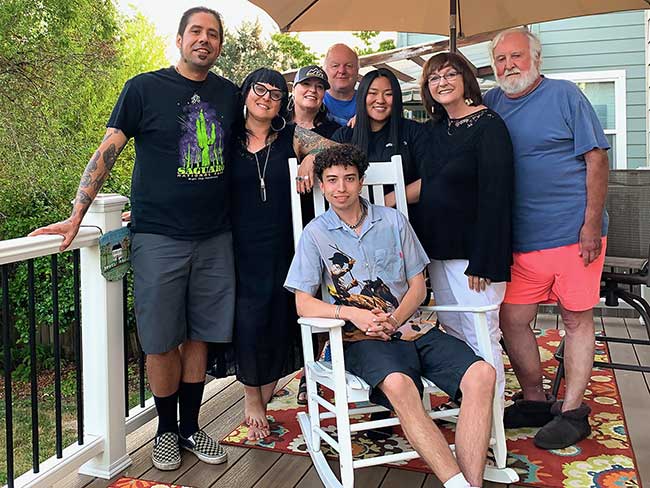
September 30, 2020
Cardiac care in the time of COVID-19
Skilled care and thorough infection-prevention protocols kept Eleanor Gorman …
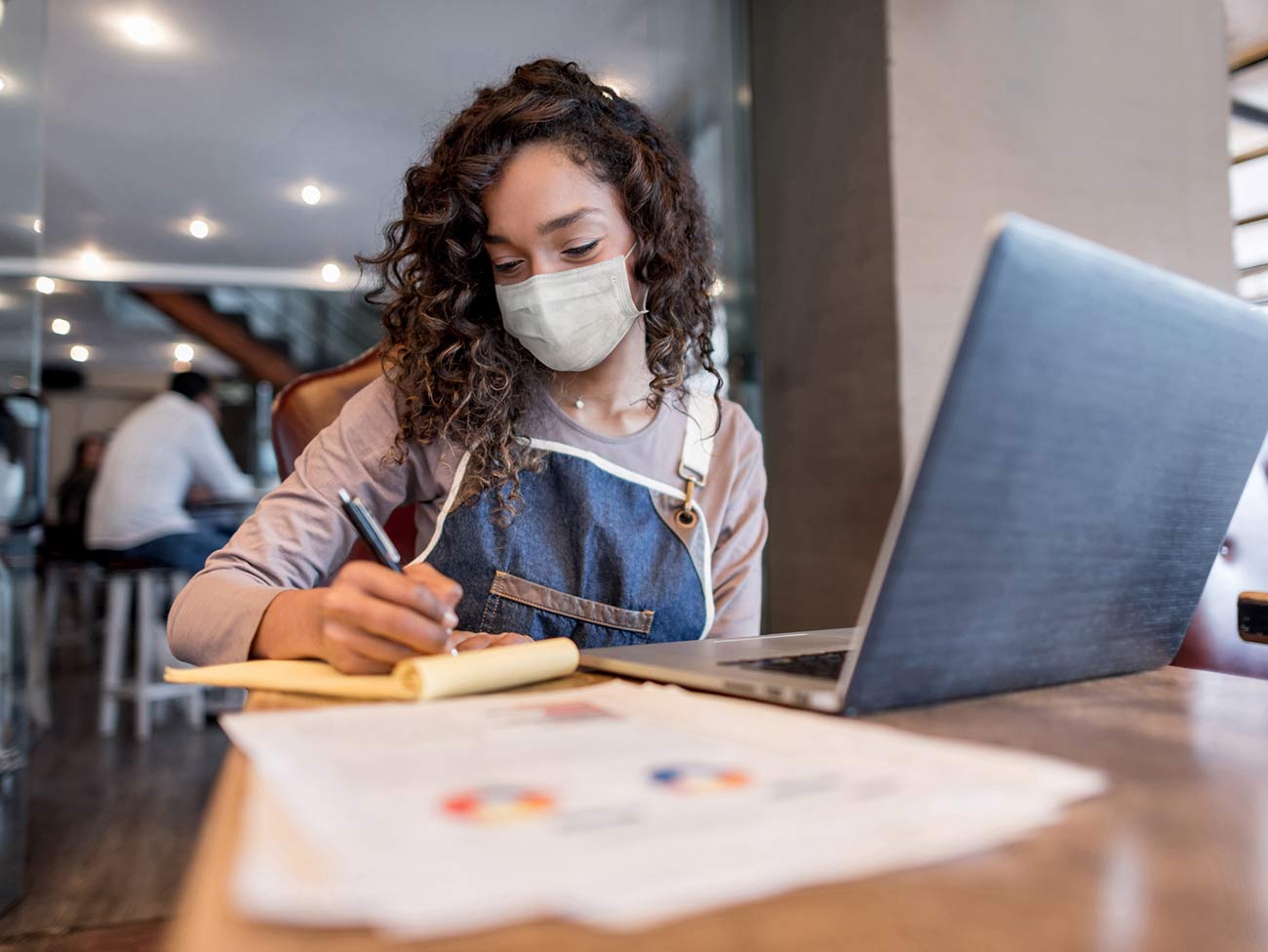
August 12, 2020
Grants support community health in midst of COVID-19
Kaiser Permanente pledges more than $28 million in grants, many to address …
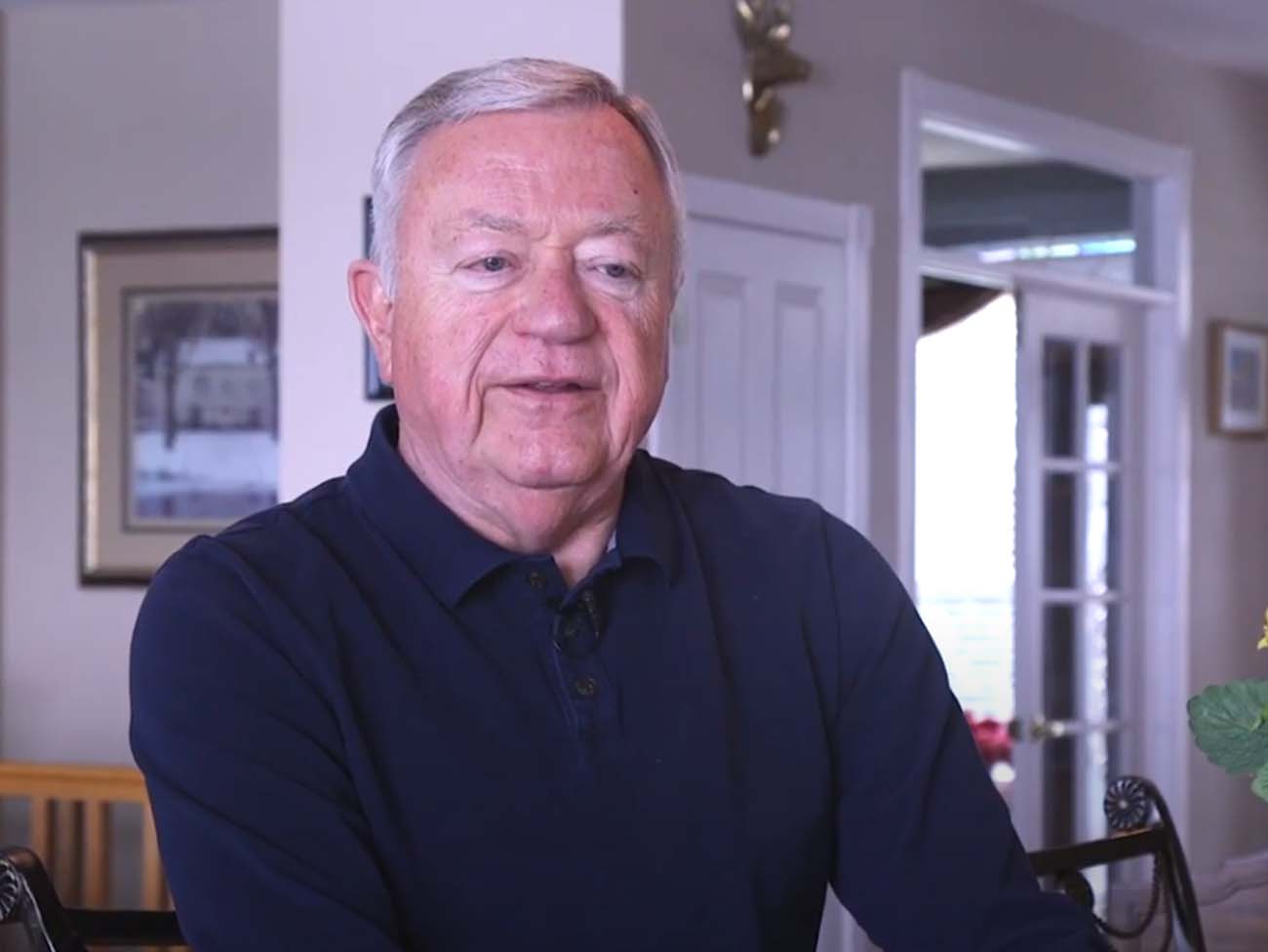
July 21, 2020
Diagnostic and preventive care is in our DNA
A routine screening helped detect Bill Walsh’s cancer before it became …
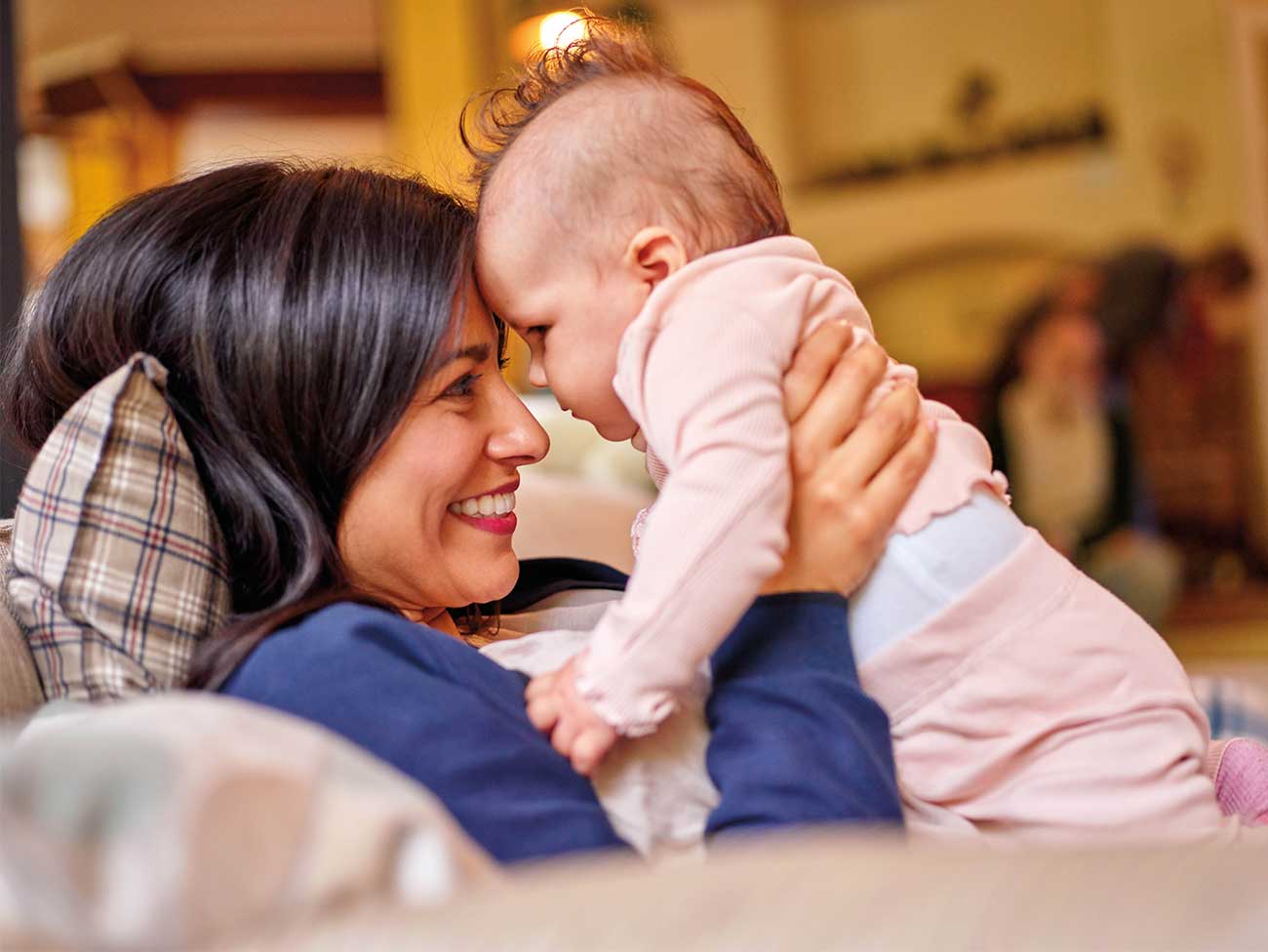
July 17, 2020
Maternity care ranks among the best in the nation
Newsweek’s Best Maternity Care Hospitals 2020 report recognizes Kaiser …

July 1, 2020
A breakout moment for virtual care
Kaiser Permanente’s fully integrated telehealth capabilities place quality …
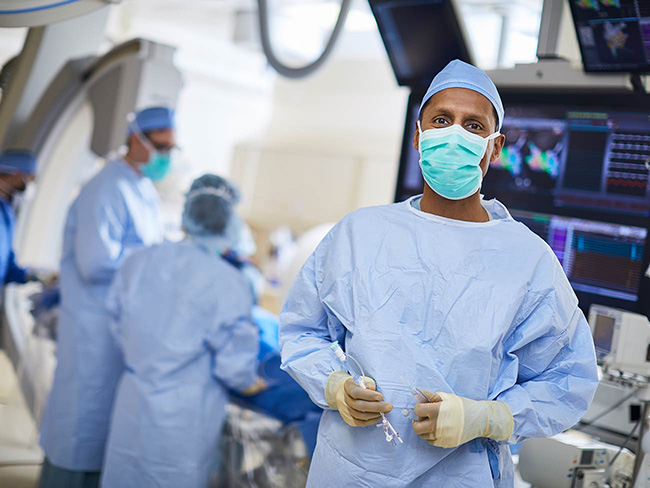
May 19, 2020
Large decrease in hospitalized heart attack patients
New Kaiser Permanente research backs anecdotal reports that people are …
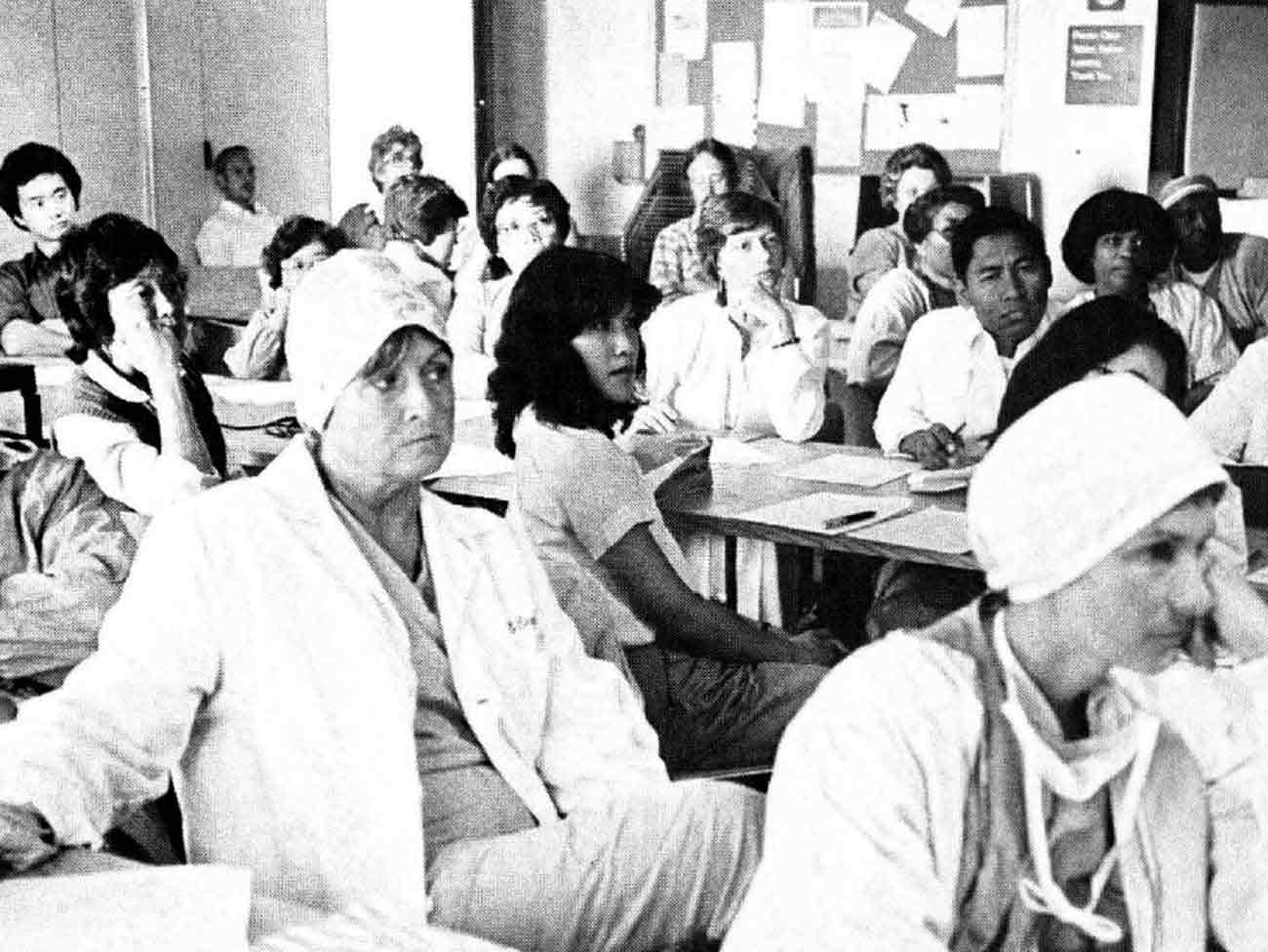
May 18, 2020
Nurses step up in crises
Kaiser Permanente nurses have been saving lives on the front lines since …
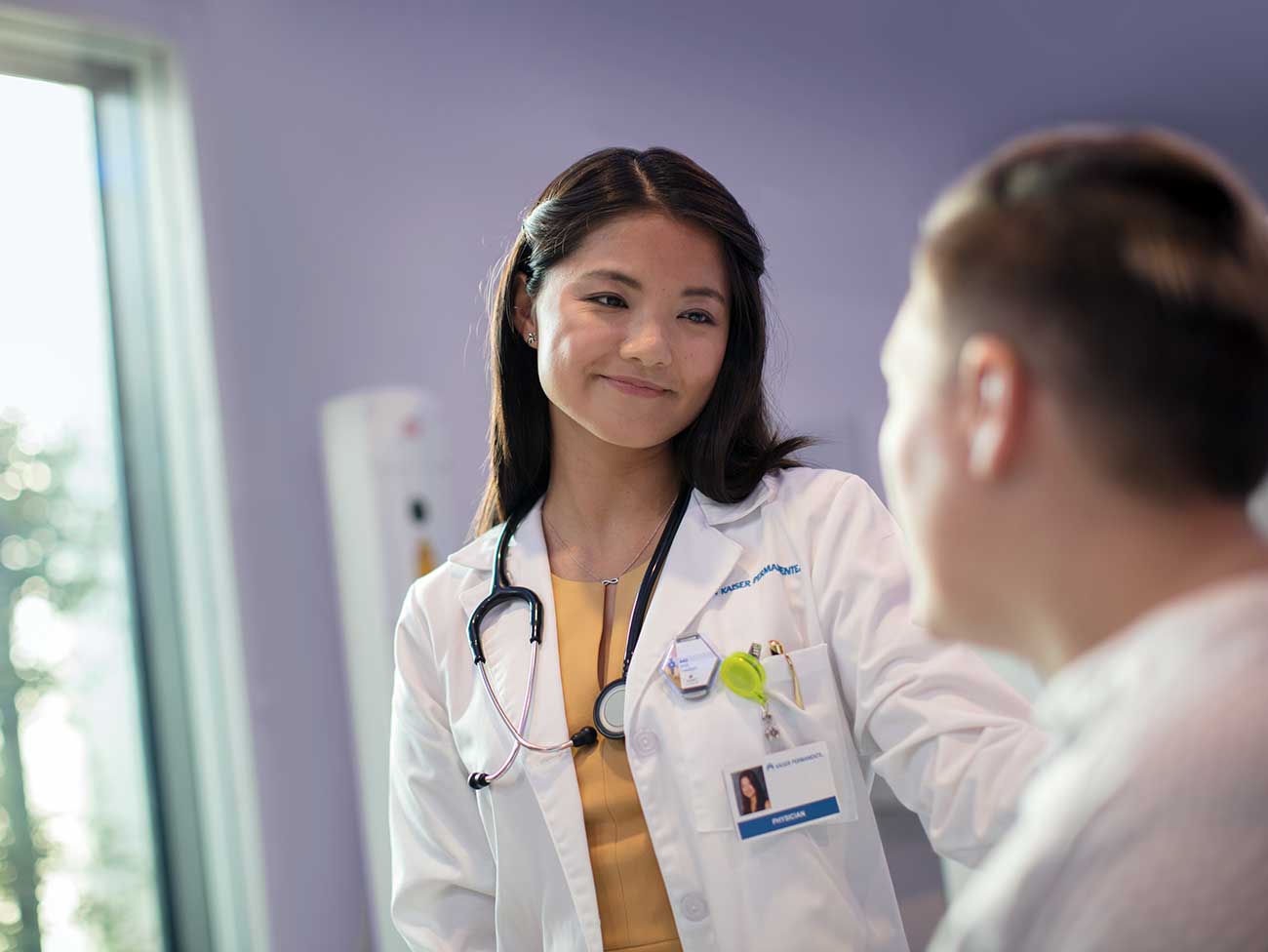
January 21, 2020
Destination health: Stopping cancer before it starts
Kaiser Permanente is creating more healthy life years with a combined focus …
